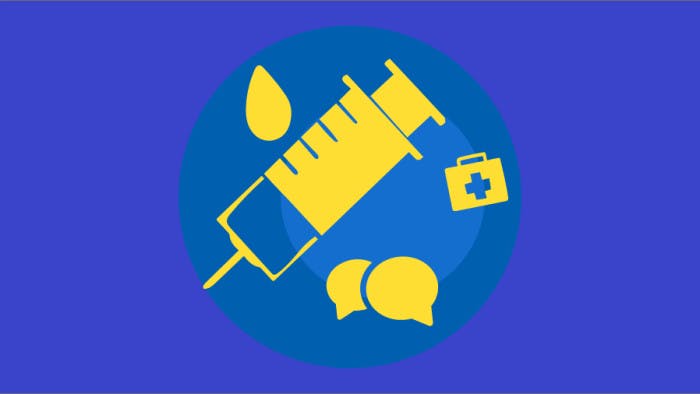
Your MIS-C Questions Answered
Multisystem Inflammatory Syndrome (MIS-C) is a rare syndrome associated with the coronavirus that causes COVID-19 that’s been showing up in children and teens across the country. There’s still a lot we’re learning about MIS-C, but you can find some of your questions answered below.
1. We’ve seen that coronavirus can present differently in children than in adults. How widespread is COVID-19 in the pediatric population?
Until recently, we were fairly convinced that coronavirus did not cause medical problems for kids because, if they did have COVID-19, their symptoms were extremely mild.
Over the last few months, news headlines have been focusing on a connection between kids, coronavirus, and a syndrome that is like Kawasaki disease and toxic shock syndrome. It’s being called “Pediatric Multisystem Inflammatory Syndrome” or “MIS-C”.
2. What are Kawasaki disease and toxic shock syndrome?
Kawasaki disease causes the inflammation of the medium and small blood vessels. It typically impacts kids under five years old. Toxic shock syndrome is a bacterial infection that causes, among other things, extremely low blood pressure.
Kawasaki disease can cause the inflammation of coronary arteries and toxic shock syndrome can cause extremely low blood pressure, both of which we see in MIS-C patients.
3. What is MIS-C?
MIS-C describes a new health condition seen in children who have been infected with novel coronavirus, recovered from it, and later have an immune response that results in significant levels of inflammation in organ systems. It is impacting those as old as 20 years old.
MIS-C is rare but serious. The key symptoms include a high, prolonged fever, vomiting, diarrhea or abdominal pain, and a rash. MIS-C can inflame different body parts, including the heart, lungs, kidneys, brain, skin, eyes, or gastrointestinal organs.
If you’re concerned your child has MIS-C, call your pediatrician.
Stay informed
We'll keep you in the loop with resources, Starlight stories, and updates.
4. What causes MIS-C?
We don’t know what causes MIS-C yet, but we do know that many children with MIS-C also had coronavirus. It is presenting in kids who either have tested positive for coronavirus or tested positive for coronavirus antibodies, meaning they may have been exposed to the virus. There is a lot we are still learning about MIS-C.
5. Is MIS-C contagious?
MIS-C is not contagious. To have MIS-C, a child must have previously been infected with the coronavirus.
6. Right now, there are thousands of seriously ill kids in hospitals and kids waiting for potentially lifesaving procedures. Are they at higher risk for MIS-C? How are kids being affected during COVID-19?
Children are being affected in many ways by COVID-19, and two of the main ways are MIS-C and lack of access to medical care. It is not known if preexisting conditions make children more at risk for MIS-C, but we do know that MIS-C is not limited to infecting children with compromised immune systems. It has been affecting kids of all health levels.
Due to coronavirus restrictions, many appointments and procedures are being postponed for children and adults alike, which means receiving medical care can take longer than ever.
For children in the hospital, visitations are limited and social interaction with other patients or in the playroom is nonexistent. Hospital resources are being put towards treating coronavirus patients and kids have been sharing wards with adults. It can be a scary time to be in the hospital.
7. How can I keep my kids safe from MIS-C?
The best recommendation for keeping kids safe is to follow the CDC guidelines for reducing your risk and your child’s risk of getting coronavirus. That includes social distancing from those not in your household, washing your hands for at least twenty seconds, and, for children older than two, wearing a mask. That’s the best we can do right now.
